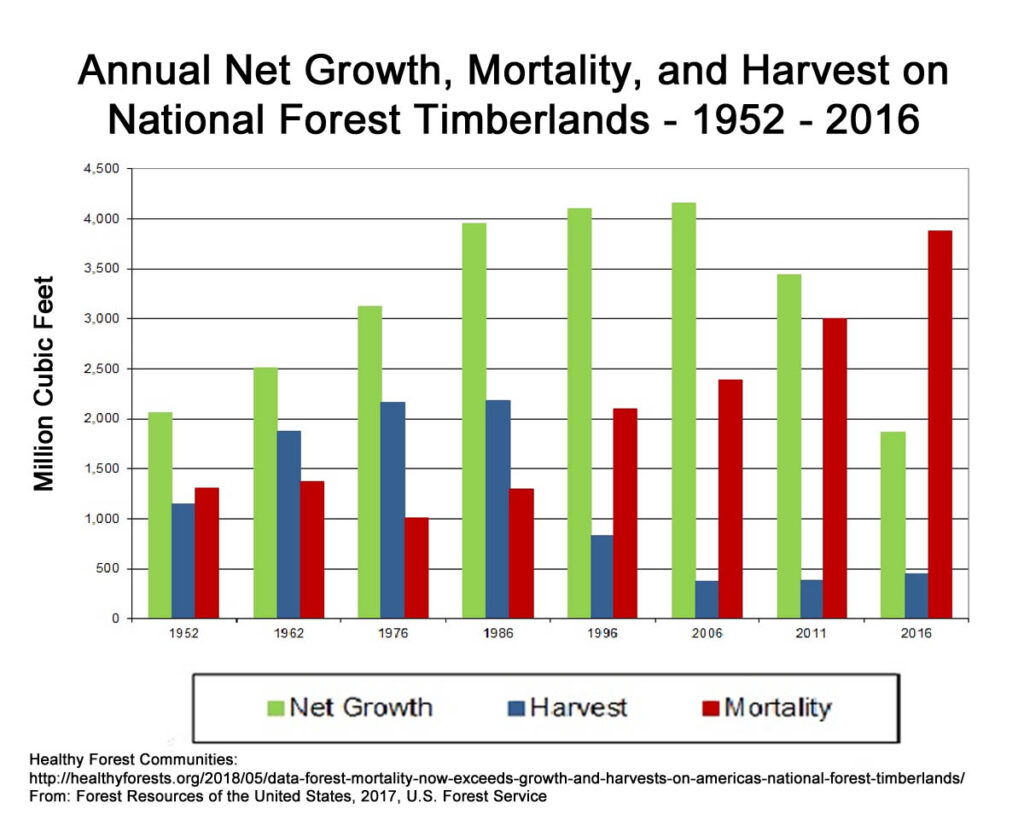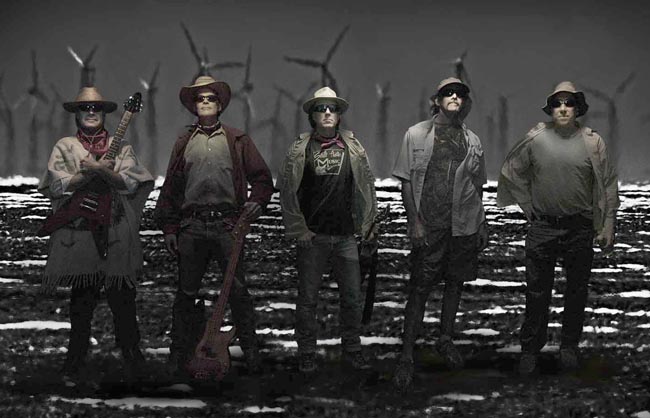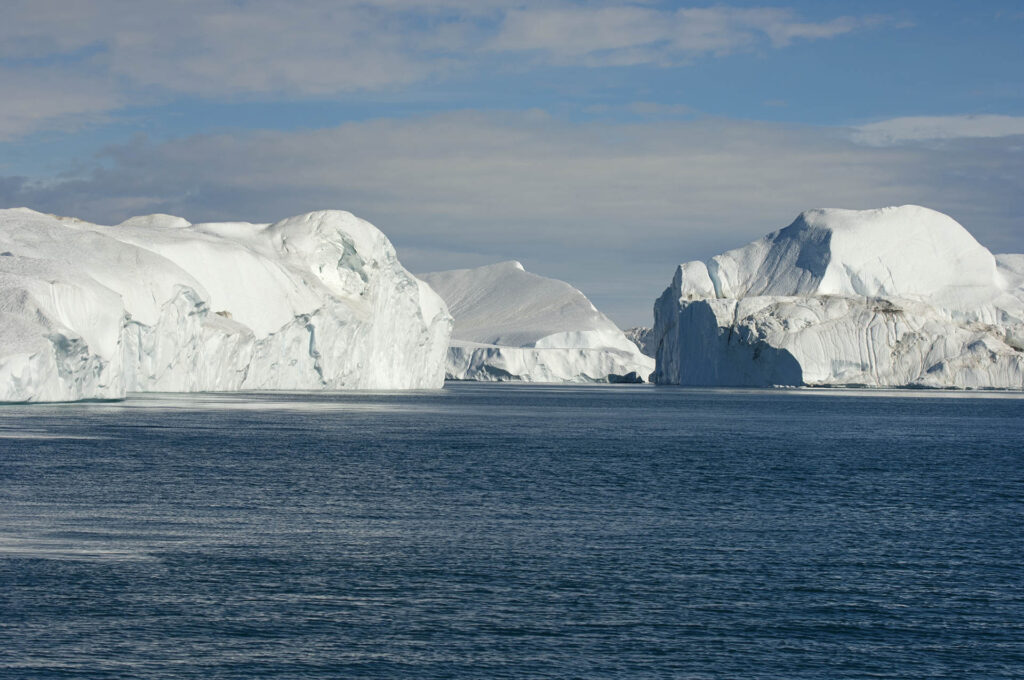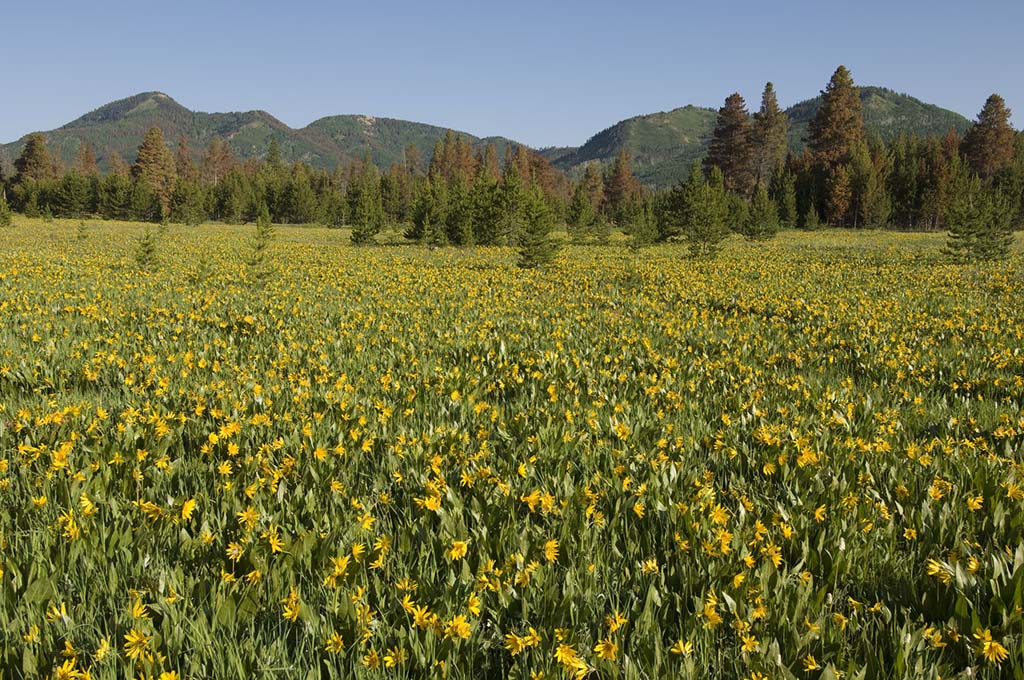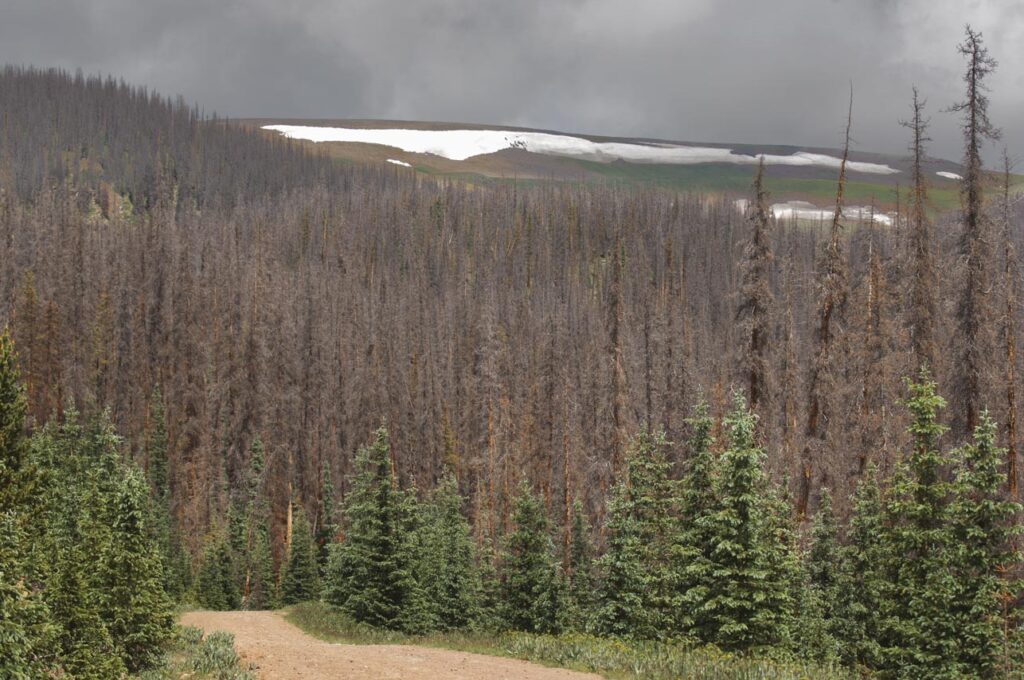
Climate Change Across America – Instagram Trip Logs Full Trip Log, Summer Filming Season 2018: June 27 through August 11 – Austin to the Arctic Circle via California. The expedition was 16,199 miles, 46 days, 42 different camps, 2 motels – Texas, New Mexico, Arizona, California, Oregon, Washington, British Columbia, Yukon Territory, Alaska, Montana, Idaho, Utah,…

